
Pope Francis Supports Obama's Climate Change Agenda
Pope Francis is making waves with his first visit to the United States. The country, half with glee, the other half with distaste, was surprised that the pontiff decided to stress family values (a roundabout way of bringing attention to same sex marriage and abortion) when his USA trip was billed as an “anti-capitalism” tour. And what controversial topic did he bring up during his opening remarks at the White House Wednesday morning? Climate change.
According to Pope Francis, we are living in “a critical moment of history.” The pontiff praised President Obama on Wednesday for his environmental plans, saying, “I find it encouraging that you are proposing an initiative for reducing air pollution. Acepting the urgency, it seems clear to me also that climate change is a problem which can no longer be left ot a future generation.”
That’s right, Pope Francis supports President Obama’s climate change agenda. We shouldn’t be surprised, though, considering the content of his most recent encyclical.
The pontiff’s second encyclical, titled Ladudat si’, is a critique of irresponsible development and consumerism. The text discusses global warming and environmental degradation and can be interpreted as a call to action. In the encyclical, Pope Francis calls for debate:
“There are certain environmental issues where it is not easy to achieve a broad consensus. Here I would state once more that the Church does not presume to settle scientific questions or to replace politics. But I am concerned to encourage an honest and open debate so that particular interests or ideologies will not prejudice the common good.”
Francis later said that he does not consider Laudato si’ an environmental text. Global warming is used as an example of a symtom to illustrate a bigger problem: the feeling of indifference towards the destruction of planet Earth as developed countries pursue short-term gains. The encyclical goes on to discuss today’s “throwaway culture,” in which unwanted people and items are considered waste.


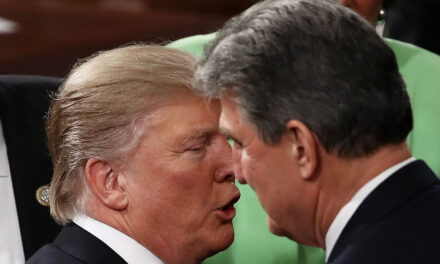
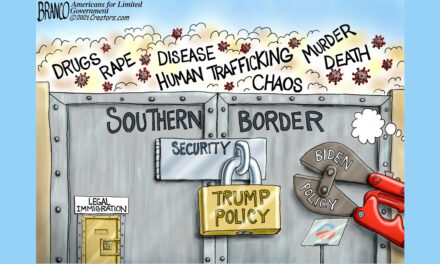
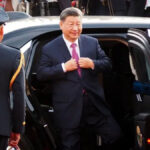

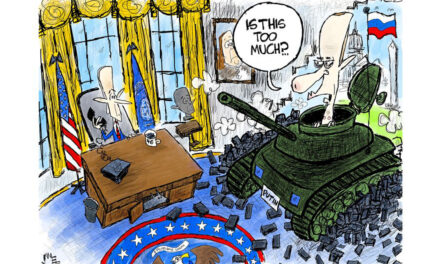



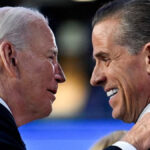

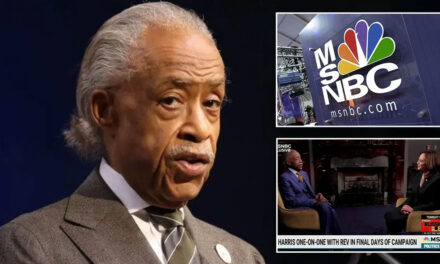
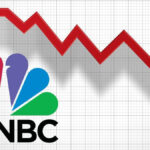


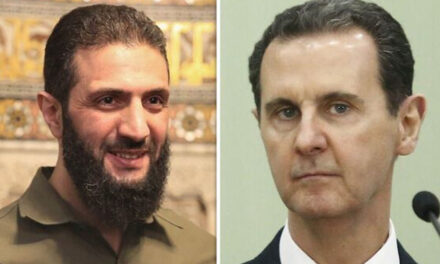
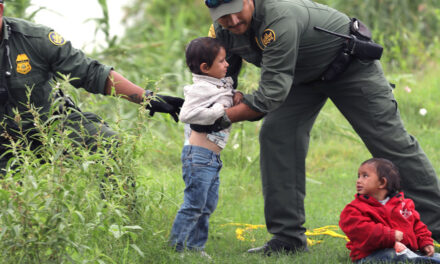
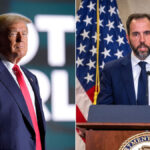

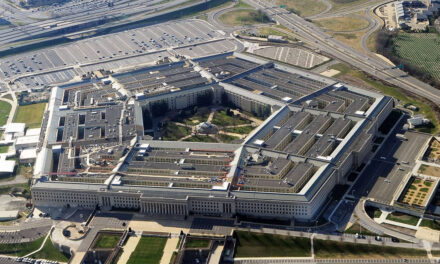



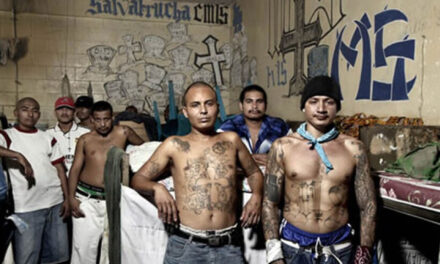
If ya'll say so, E.D., then it must be so. MSNBC vs PBP challenge and compare. Scandals, they pop up…
Whoops, I meant Robert.
I was referring to Roger being mentally unhinged. He's the one that was ranting. Hell, I support Trump. I don't…
Your daughter
I noted in another post that if I were king of the forest....... I would pardon all the non-violent 1/6…